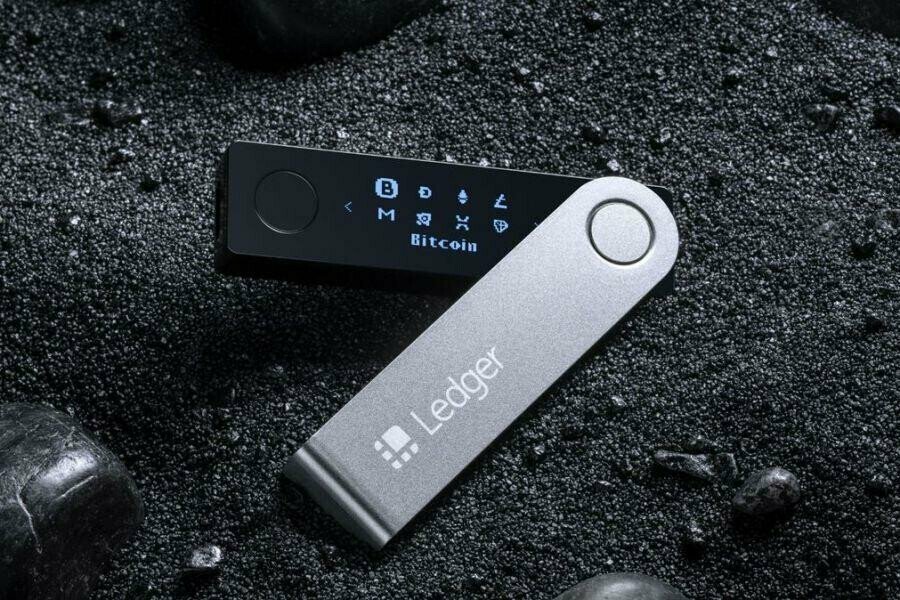The popular hardware wallet maker Ledger has addressed some of the concerns from the community, after it introduced a new and controversial wallet recovery service.
In a video posted on Tuesday, Ledger’s chief technology officer Charles Guillemet stressed that although the new wallet recovery feature may be convenient for some users, it will be completely optional to use it.
“You can continue managing your secret recovery phrase all by yourself if that’s why you bought a Ledger in the first place. This is not automatically enabled by any firmware updates,” Guillemet said.
“This is your choice,” he added.
The comment came in response to an outpouring of criticism over the new feature, which many believe run counter to the ethos of Bitcoin (BTC) and crypto more broadly.
Skeptical community
On Twitter, complaints and questions from concerned members of the crypto community are now all over, with many worrying that Ledger will be able to access their funds.
Others took it a step further, with some users even posting videos of themselves smashing their Ledger wallets with hammers.
According to Ledger, however, users who choose to subscribe to the recovery service have little to worry about.
“Ledger and our trusted providers have no access to your secret. There’s no backdoor for anyone […] to access it,” Ledger’s Guillemet said, while adding that decryption of passphrases can only happen after the identity of the owner has been verified.
“Nobody at Ledger or outside Ledger ever has access to it,” he said, referring to the passphrases.
Ledger is a French company that has produced the extremely popular Ledger Nano S and Ledger Nano X hardware wallets.
As reported by Cryptonews.com last year, the firm saw a significant increase in its sales numbers following the collapse of major crypto exchange FTX, which brought about fresh awareness about the importance of self-custody in crypto.
Between June of 2022 and February of 2023, Ledger reportedly sold 1 million units, compared to a total of 5 million over the previous eight years.
Read the full article here











